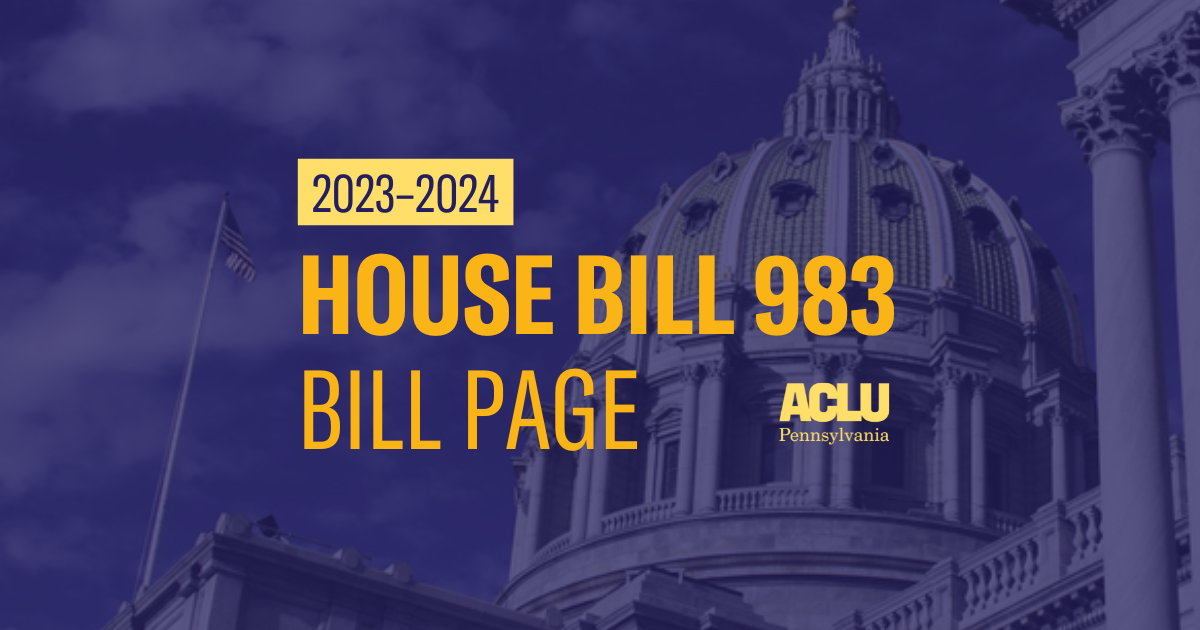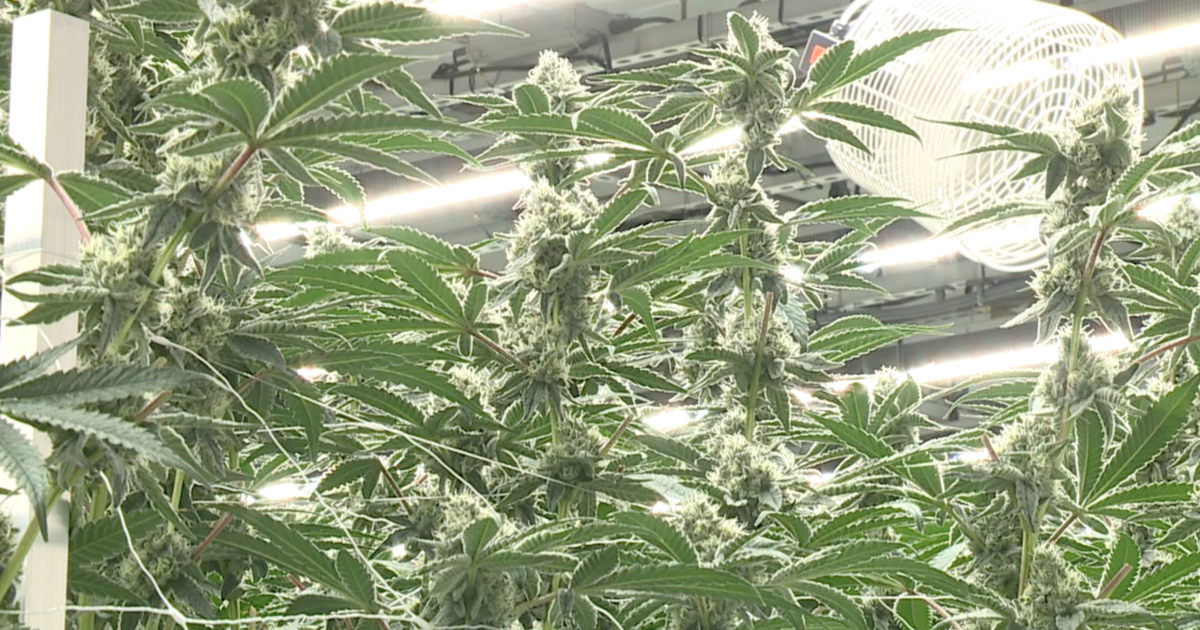Lawmaker: Include Arrested Ohioans in Marijuana Legalization Talks

- An Ohio Democratic lawmaker, Rep. Juanita Brent, has argued for the involvement of those who have been criminalized by marijuana and those with industry experience in efforts to amend the state’s voter-approved legalization law.
- Ohio Senate and House GOP leaders are planning to pass changes to the law before possession and cultivation become legal next month, with a focus on potential revisions affecting tax revenue distribution, public consumption, and law enforcement.
- Discussions on revising the statute have been top-level, with GOP lawmakers and Gov. Mike DeWine (R) speaking about areas they’re interested in changing, such as how marijuana tax revenue will be allocated. Some Republican representatives, such as Rep. Cindy Abrams (R), have proposed amendments, like allocating $40 million of cannabis tax dollars to law enforcement training annually.
Ohio Lawmaker Emphasizes Inclusion of Criminalized Persons in Marijuana Law Amendments
An Ohio Democratic representative, Juanita Brent, is advocating for those who have been penalized for marijuana and those with industry knowledge to be a part of any amendments to Ohio’s legalization law. She argues that legislators with anti-cannabis views should not be the sole decision-makers in revising the statute.
Ohio’s GOP leaders in the Senate and House have previewed plans to change the law before possession and cultivation become legal next month. They are focusing on potential revisions impacting tax revenue distribution, public consumption, and law enforcement.
Brent believes that those who’ve been directly affected by prohibition should be involved in the amendment process. She argues that their input is crucial as they may participate in the legal market. Brent stressed that anti-cannabis individuals should not be at the forefront of these decisions.
Changes to Ohio’s Marijuana Law
Discussions on revising the law have seen a consistent emphasis on revising tax revenue allocation provisions. However, advocates argue that these changes may affect the significant investment in social equity and community reinvestment stipulated in the voter-approved measure.
Senate President Matt Huffman expressed that most voters likely didn’t consider the complexities of the cannabis reform proposal. Meanwhile, Gov. Mike DeWine has expressed interest in changing aspects of the law, but insists that voters shouldn’t expect any surprises.
Democrats have discussed potential amendments, like allocating some revenue to K-12 public education. There also seems to be bipartisan interest in funding mental health services to aid first responders with PTSD. The Ohio Department of Commerce recently published an FAQ guide about the new law and its timeline for implementation, but noted that the policies may be subject to legislative changes.
Resistance Against Marijuana Legalization
Prohibitionist organizations opposing Issue 2 aim to fundamentally undermine the newly approved law, with plans to pressure the legislature to repeal legalization before it’s implemented. However, several Ohio lawmakers doubted that the legislature would repeal a voter-approved legalization law, according to statements made in September.
As early voting started, the GOP-controlled Senate passed a resolution urging residents to reject the measure. However, Rep. Dave Joyce, co-chair of the Congressional Cannabis Caucus, said in September that he supported the initiative.
Senate Majority Leader Chuck Schumer cited Ohio’s vote to legalize marijuana as a rejection of MAGA extremism and affirmed his commitment to bipartisan cannabis legislation.
As Ohio voters approved statewide legalization, activists also achieved decriminalization of larger amounts of cannabis in three Ohio cities according to preliminary county election results.
—
Read More Cannabis News


Leave a Comment